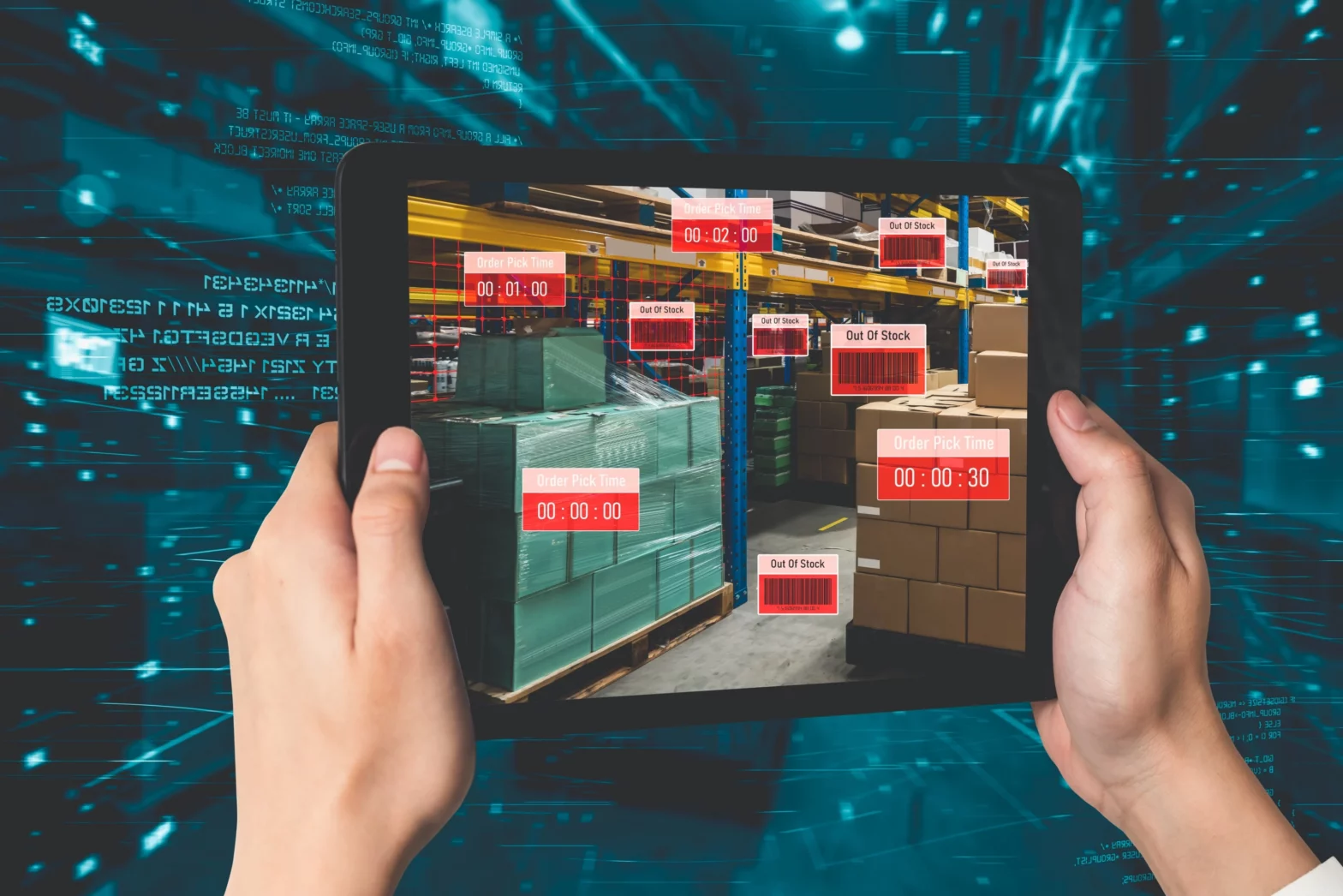For any industry, its brand is one of its most precious assets, whether they are a multi-generational organization or a young firm looking to build a name for itself. The alcohol industry, as we all know, is growing at an exponential rate. It is a well-known fact that the alcoholic drinks and beverages market is a highly profitable industry worldwide. But, it is also an industry that is highly susceptible to counterfeit products. Nowadays, supply chains involve a complex network of players like bar merchants, suppliers, wholesalers, and producers who operate their systems. The rise in global supply chains has furthermore made tracking goods difficult right from the assembly line to the store shelf. Thus the biggest challenge is to eliminate counterfeits and ensure the transparency and traceability of products.
2 key issues faced by the sector when it comes to brand protection are-
- Counterfeit products
Fakes and counterfeits have always been an issue. Any element that differentiates a brand and the qualities that enable it to generate revenue are misrepresented by counterfeiters. This contains the origin, vintage, variety, blend, and business history of winemakers. Alcohol counterfeiting has been around for hundreds of years and comes in many ways. Counterfeiting in the alcohol industry includes diluting wine with water to get more mileage out of each batch, putting costly labels on lesser liquors, refilling expensive liquor bottles with subpar wine, etc. Because of counterfeit products, the producer loses profits and the buyer loses trust in the brand.
- Lack of traceability
Alcohol industries are continuously striving to improve their processes for maximum efficiency, but unfortunately, technical uncertainties can cause industry-wide delays. Providing total openness about a product’s path is an excellent way to separate oneself from competitors. Consumers find it difficult to learn about liquor products’ whole history and proof of quality.
How to identify and avoid buying fake alcohol
Even though it could be challenging to spot fake alcohol, it happens frequently that counterfeiters buy empty packaging from real companies and fill it with phony liquor. To identify a potential fake good, you should thoroughly inspect the product package quality, spelling errors, label print quality, label adhesive quality, and altered packing before making a purchase. These tests are still not fool proof techniques to spot counterfeit goods. In order to stop their products from being copied, brands must adopt a flawless anti-counterfeiting solution to safeguard their customers.
A distributed ledger technology like blockchain, used for crypto-currency – can drastically reduce traceability time to minutes or even seconds. Therefore, potentially reduces retailers’ penalty exposure and allows them to confirm products from various suppliers by reducing the lag time associated with recalls.
Digital Anti-Counterfeiting solution to prevent counterfeiting
MSRvantage offers a digital anti-counterfeiting technology to effectively stop the practice. The solution aids firms in boosting client retention and successful consumer marketing in the retail industry in addition to combating fakes.
How it works
The MSRvantage anti-counterfeiting solution uses blockchain-enabled, UID-code technology and offers AI-backed, mathematically linked codes that are applied to the packaging of the brand’s products. These codes, which might be QR, NFC, or RFID in nature, provide each product item with a distinct, traceable identification. The algorithms and AI on the server keep an eye on the codes and safeguard them so that if a counterfeiter tries to copy the codes, the anomaly detection algorithm catches it and the items with duplicated codes are invalidated. This eliminates the motivation for counterfeiters to engage in business.
Before purchasing alcohol, customers can scan the open code to verify the product’s legitimacy. After making a purchase, they can scratch, open, and scan the protected code. A protected code is listed as sold after it has been scanned. Because the encrypted code is scanned by a real consumer, brands have a fantastic chance to interact with their audience. Brands may transform one-time clients into recurring ones by using the proper marketing plan.
MAJOR BENEFITS OFFERED
MSRvantage combats the flow of counterfeit goods in the liquor industry by ensuring provenance, authentication, and traceability in the supply chain.
- To track and trace liquors in real-time at every stage of the process, ensuring agility and sustainability.
- To supervise liquor processing management to offer knowledge of work and assure the quality of the product.
- To give customers detailed traceability data, which aids in the development of trust and confidence in liquor production.
Conclusion
A blockchain is a potent, decentralized technology that can solve any problem that supply chain management has. Life science supply chains may be significantly improved using blockchain technology in terms of end-to-end traceability, coordination, speed of product delivery, and funding. A complete and dependable approach to improve security and give trading partners end-to-end access is provided by MSRvantage Track and Trace Solution. Track and Trace solutions provide a secure environment for data sharing and processing thanks to the immense potential of distributed ledger technology. MSRvantage Track and Trace systems are trusted by a wide range of industries and organizations for their speed, transparency, traceability, efficiency, and accuracy. By giving a thorough overview of the intricate product path, MSRvantage Traceability, and Anti-counterfeit solutions help alcohol and beverage sectors fight counterfeits and build an agile value chain.
Recent posts


Protecting Intellectual Property with Blockchain
Combating illegal commerce and safeguarding your brand's existence may be a difficult, time-consuming, and sometimes challenging undertaking in the current era of rapid globalization. The
Read more 


How Can Customer Data Help Businesses Profile and Personalise Rewards and Loyalty?
Loyalty programs have a significant effect. Therefore, the challenge is how to use a reward program to boost consumer loyalty effectively. How much of an
Read more 


Supply Chain Digitalization and Asset Management
Supply chains are gradually becoming digitalized. Asset and inventory management, as well as keeping track of and updating it, are requirements for every established organization.




